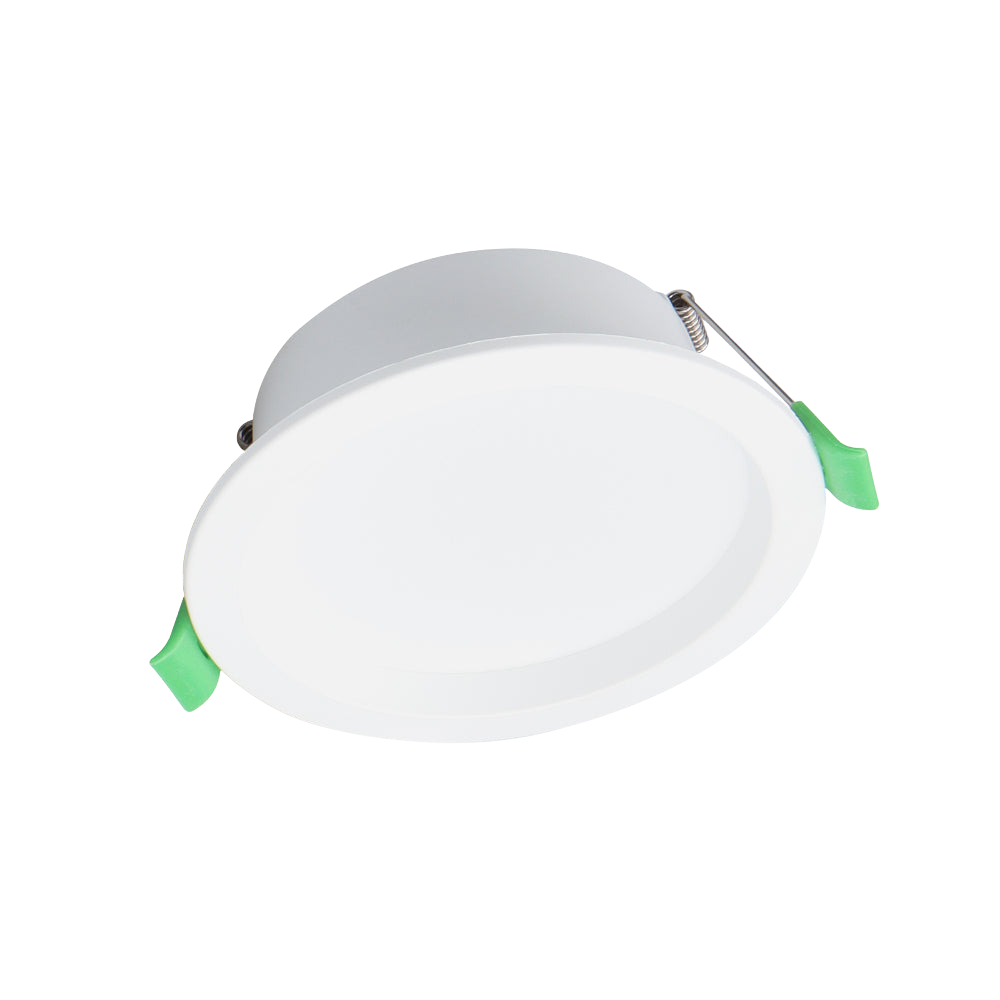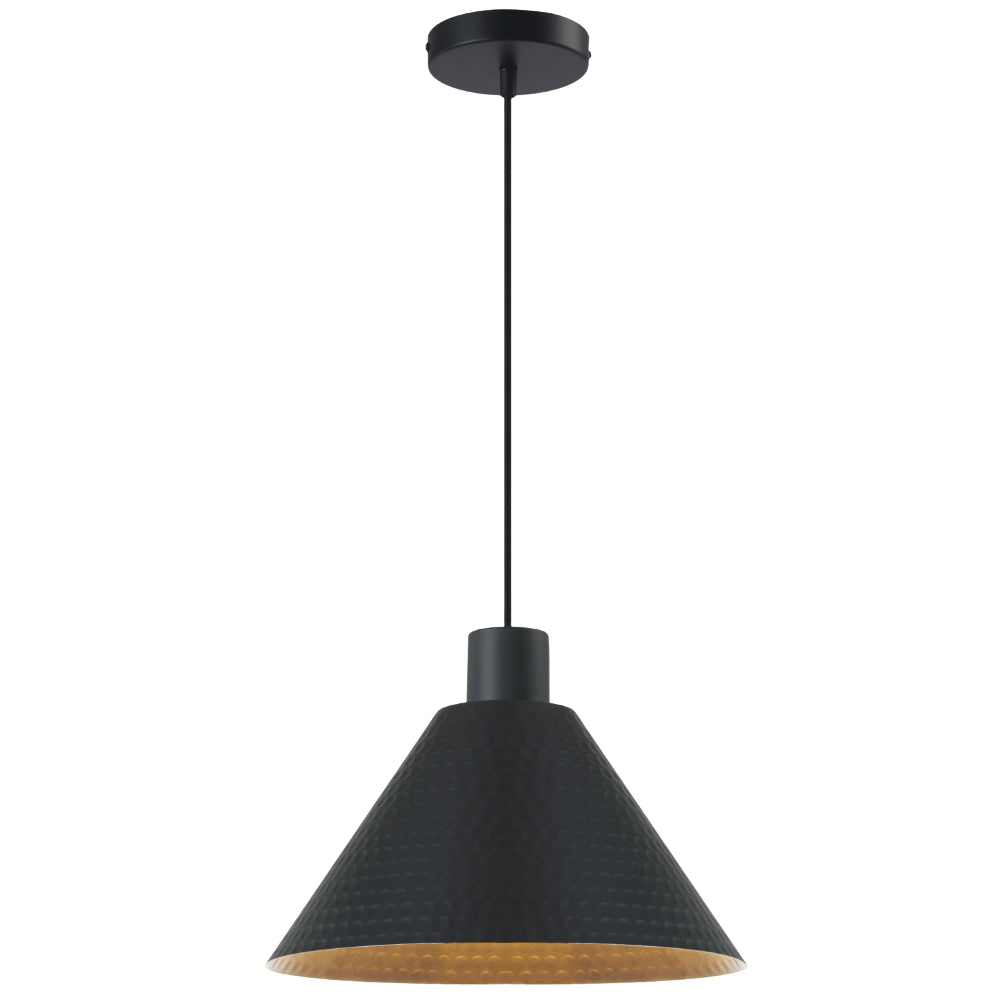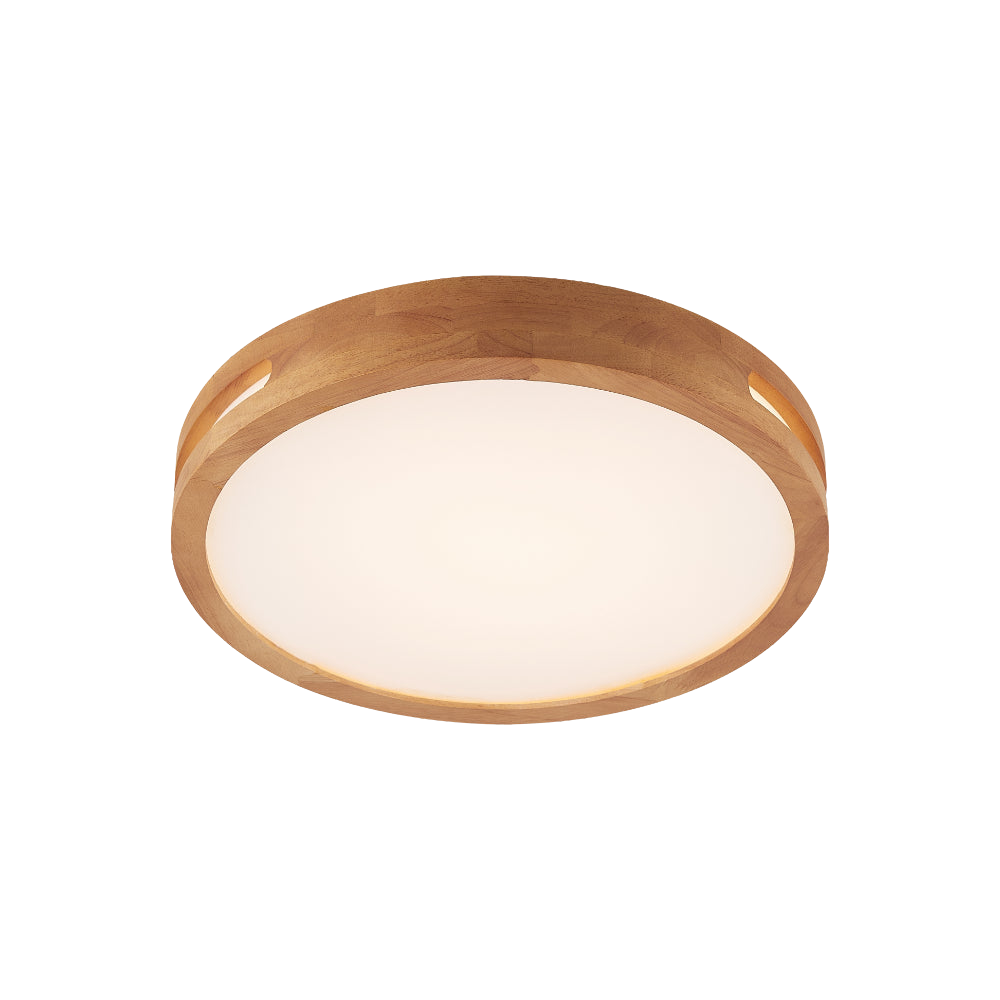5 Tax Deduction Tips for Builders and Contractors

The tax season is an inevitable and often frustrating period for builders and contractors.
However, there are many things that you can do to reduce your tax burden. A big part of that comes from tax deductions – some of which you may not even know are applicable to builders and contractors.
In today’s post, we’ll cover 5 essential tax deduction tips for you which will hopefully reduce your tax burden as a builder.
What Are Tax Deductions?

Tax deductions reduce your taxable income for the respective year.
The deductions usually come from your expenses as a contractor or a business owner for things like work tools or training.
For example, let’s assume that you’ve earned$10,000this year as a contractor. At that rate, you are taxed at 10% which is equal to a tax amount of$1,000before any deductions are applied.
However, you spent$2,000this year on work-related expenses and you file for a tax deduction.
As work expenses are tax deductible, the$2,000that you’ve spent isdeductedfrom your taxable income of$10,000which leaves you with a taxable income of$8,000.
This means that your tax rates will be calculated based on your final taxable income of$8,000, not $10,000.
A 10% tax rate on$8,000is equal to$800which means that you’ve effectively saved$200in taxes compared to when tax deductions were not applied.
This is a very simplified version of how tax deduction works but it should you give a basic understanding of the system.
Be careful about not mixing up tax deductions with tax credits.
Both of them reduce your tax burden but tax deductions reduce your taxable income while tax credits reduce the amount of your tax outright.
Sticking with the example above, you pay$800in taxes after a$2,000 tax deductionis applied to your taxable income.
Atax credit of $2,000, however, will deduct the same amount from your total tax amount of$1,000.
As your tax credit is larger than your tax amount, the government owes you$1,000as you paid more than what you owed in taxes.
Unfortunately, most tax credits are non-refundable which means that you won’t be refunded the difference even if you paid more.
Tax Deductions for Builders and Constructors
Note:Tax deductions will vary from country to country. This list, however, includes tips that are common and frequently used by contractors and should not be considered as an exhaustive list. The best way to get a complete understanding of your tax deductions is to consult a professional for help.
1) Tools and Work Equipment
Tools and work equipment that you use in your projects are usually tax deductible. To make things even better, almost every tool that you own (and bought) are able to be written off your tax bill.
Usually, any tool that is under $300 will have a 100% tax deduction for the fiscal year. If your tools go well into the 4-5 figure range, it’s best to consult a professional on what to do next as there will be a decline in value of the tools over time.
To reduce your tax burdens as much as possible, keep the receipts of every tool that you’ve purchased including tools that are under $10. You will be surprised at how much small purchases add up to in a year.
Repairs and maintenance costs can also be deducted from your taxable income so keep that in mind.
2) Transportation and Travel Expenses
As a builder, you will travela lotto your client’s location for work. It is completely fair and expected of you to file for tax deductions for your travel expenses.
Travelling across the country or overseas is also a tax deductible expense. It has to be, however, related to your work or for the purpose of learning a skill related to your trade.
To make your life easier, always remember to keep your travel receipts to prove that the trip was related to work. Categorise the receipts into work and non-work purposes so that the deduction process will be smoother.
However, travelling between home and work is not considered as a work expense, therefore, you won’t be able to collect tax deductions for it.
This also includes situations where you make small work-related tasks such as collecting the mail on the way home.
Consult a professional or an accountant to correctly identify which of your travel expenses are eligible for tax deductions.
3) Tax Deductions for Work Uniform and Clothing
The expenses of rentingor buying uniforms for work is a deductible expense. Laundry and repair fees are also included in the deductions; make sure that your business or work logo is on the uniform to ease the tax deduction process.
The costs of protective clothing and footwear are also tax deductible in many countries. As long as the clothing is used to provide protection and stay safe during your work, you may file for a tax deduction.
Some of the common protective clothing that is tax deductible include:
- Protective footwear such as work boots or rubber-soled shoes
- Eye protection equipment such as sunglasses or safety goggles
- Sun protection equipment such as sunscreen or UV-sunglasses
- Work uniform and overalls
4) Trade Union and Association Fees
Membership fees or annual union subscriptions that you pay are tax deductible as long as the organisation is approved by the government. The deduction also only applies if it is related to your work.
However, your expenses cannot be claimed if the organisation is not recognised by the local government. You also cannot get a tax deduction on fees that are not paid by yourself; for instance, membership fees that are paid by your employer are not tax deductible.
Usually, your organisation will give you a guideline on how to collect tax deductions for your membership fees.
5) Home Office Expenses

You can claim tax deductions for home expenses if you use it for work purposes; this also includes running costs such as the electricity bill.
However, you cannot claim deductions on things such as the rent or mortgage interest – you can only do it for work-related purposes.
If you are required to use your computer or smartphone for work, you may be able to claim a deduction for your costs.
You may need some proof to show the authorities that you’re working from home. Using a time-tracking software or registering your home address as your work office are two ways of doing this.
Some of the tax deductions that you are entitled to include:
- Home office equipment expenses such as computers, smartphones, and printers.
- Phone bills for work-related calls. It is best if you can show that you are on the phone with your clients or employer regularly for the deduction to be approved.
- Electrical bills for house heating, air conditioning, or lighting.
- Costs of repairing your home office furniture or maintenance fees such as house cleaning.
Further Information
To learn more about building tools and other articles like this,head over to our blogwhere we have guides and how-to’s for builders and homeowners.
To get in touch with us, call us at 1300-123-122 or contact us via e-mail over here.
































































































































































































































































































































